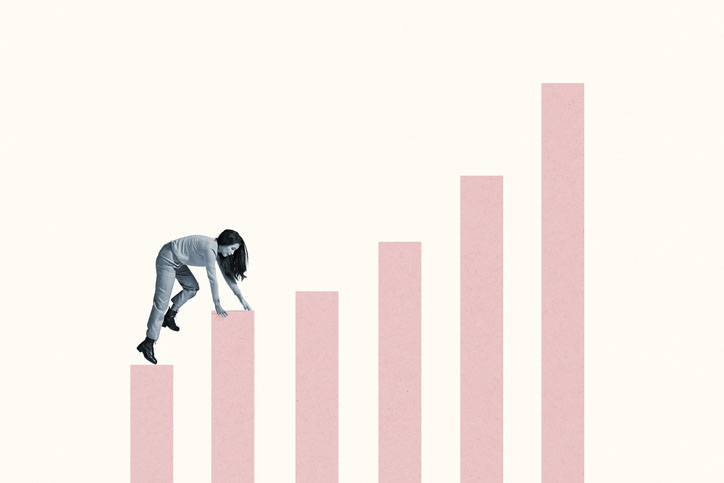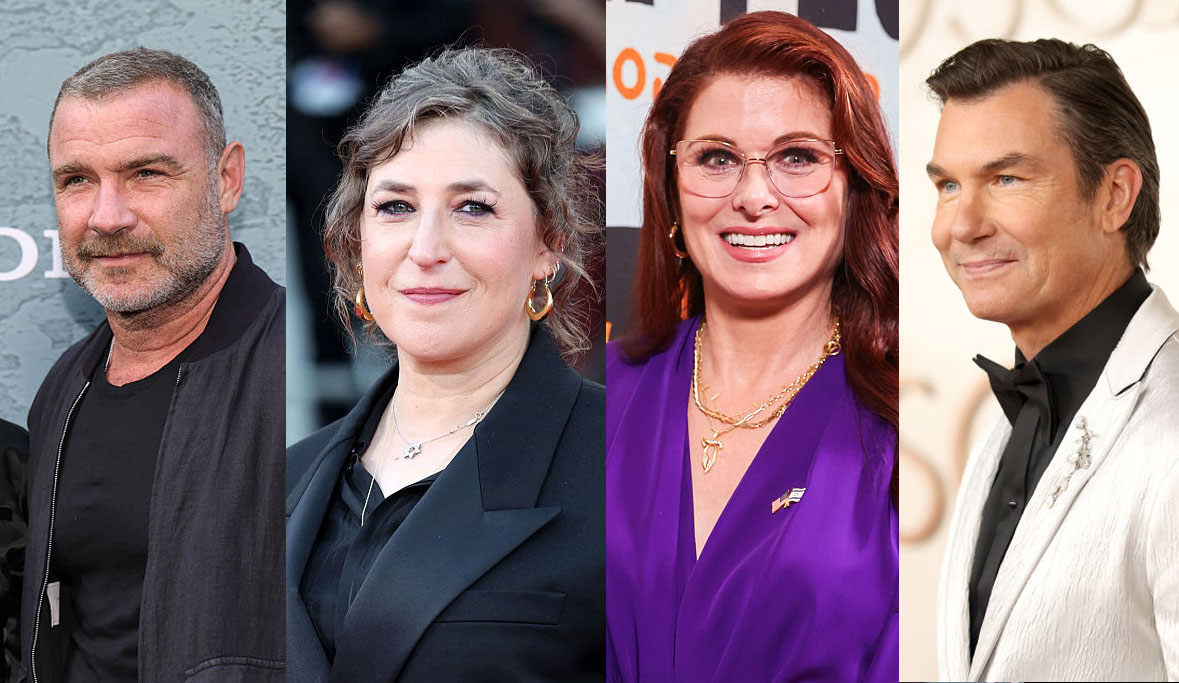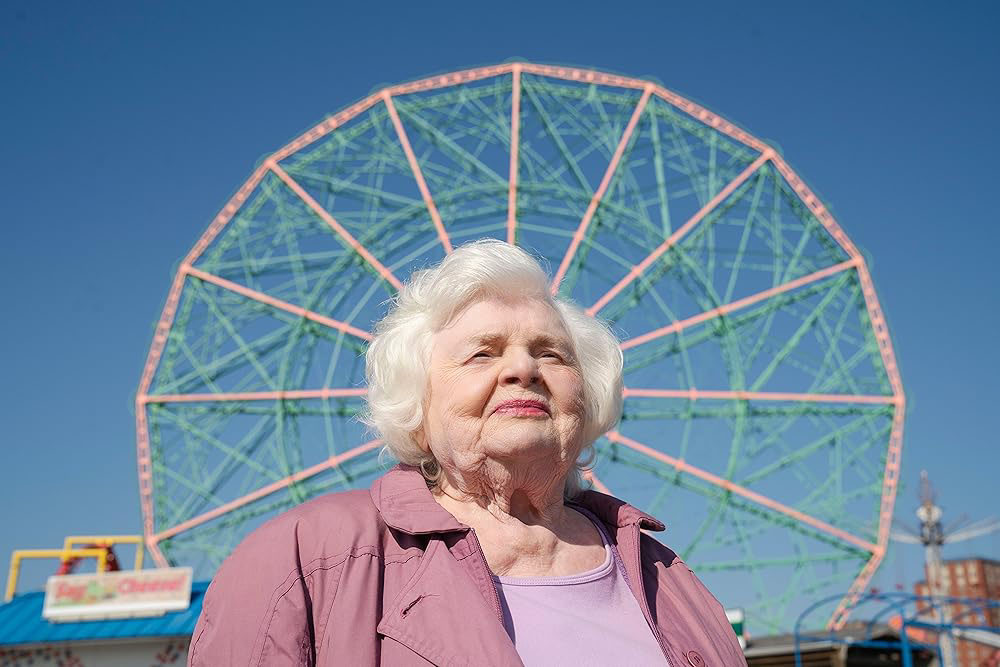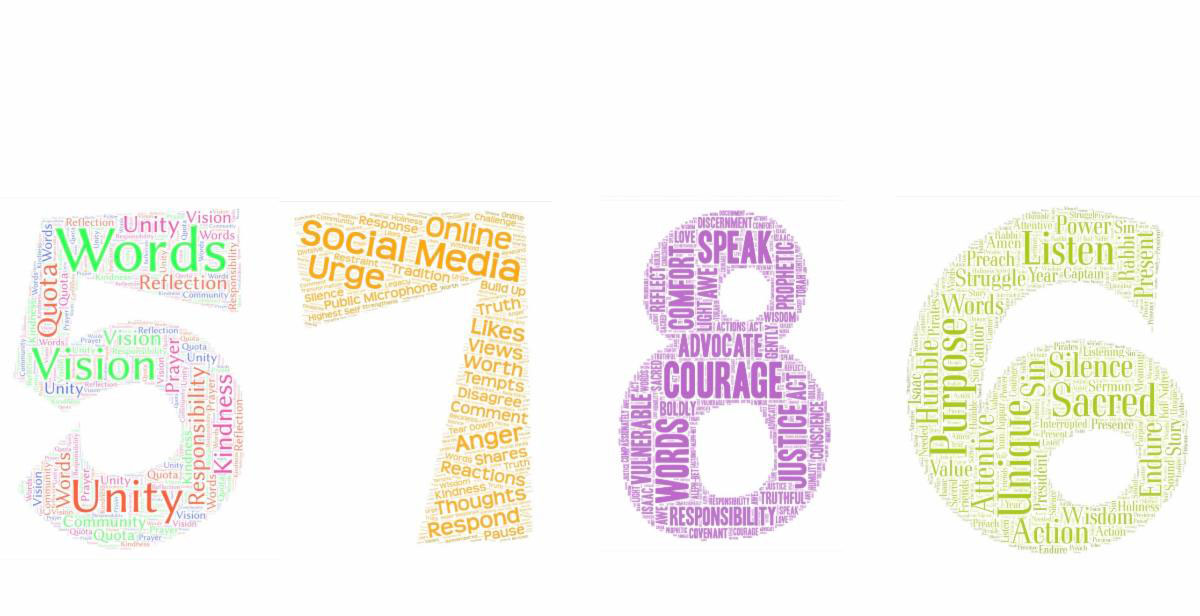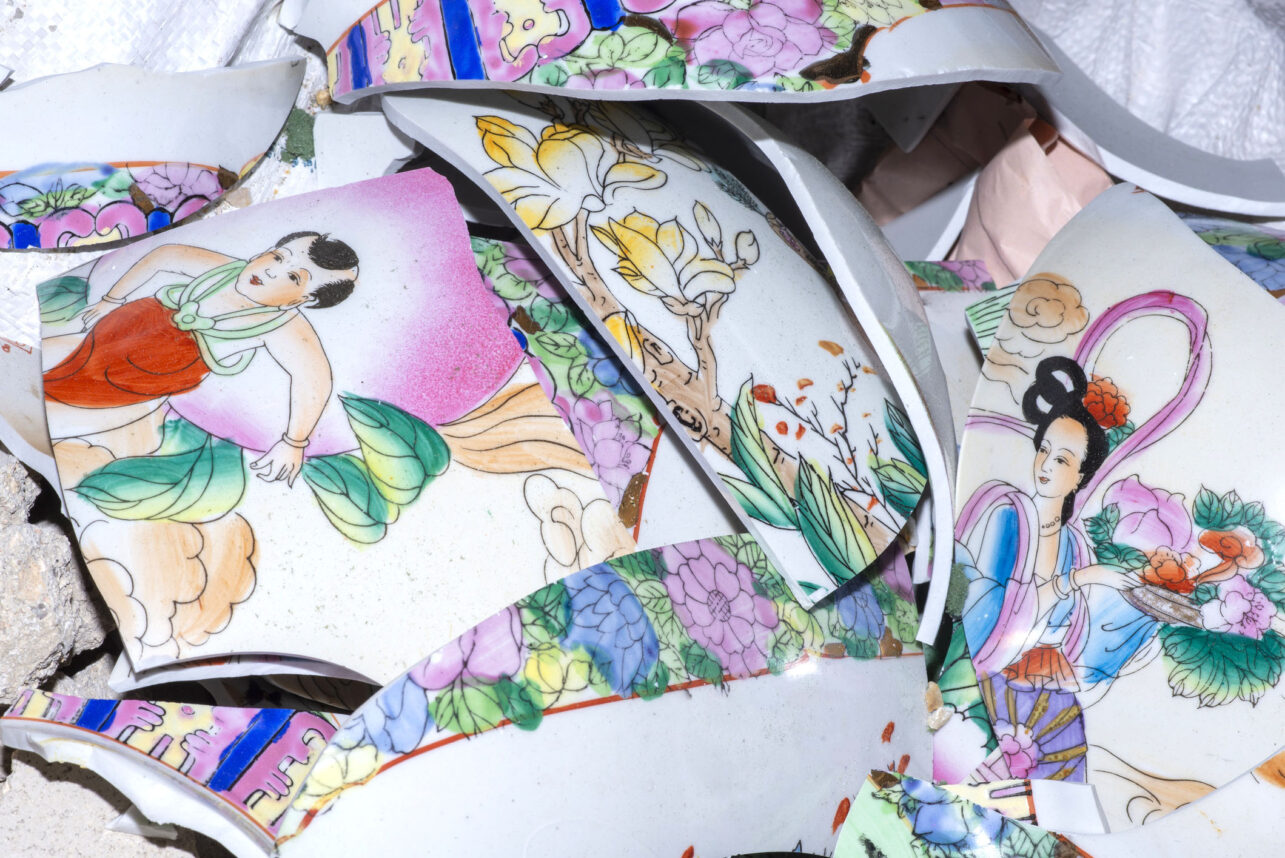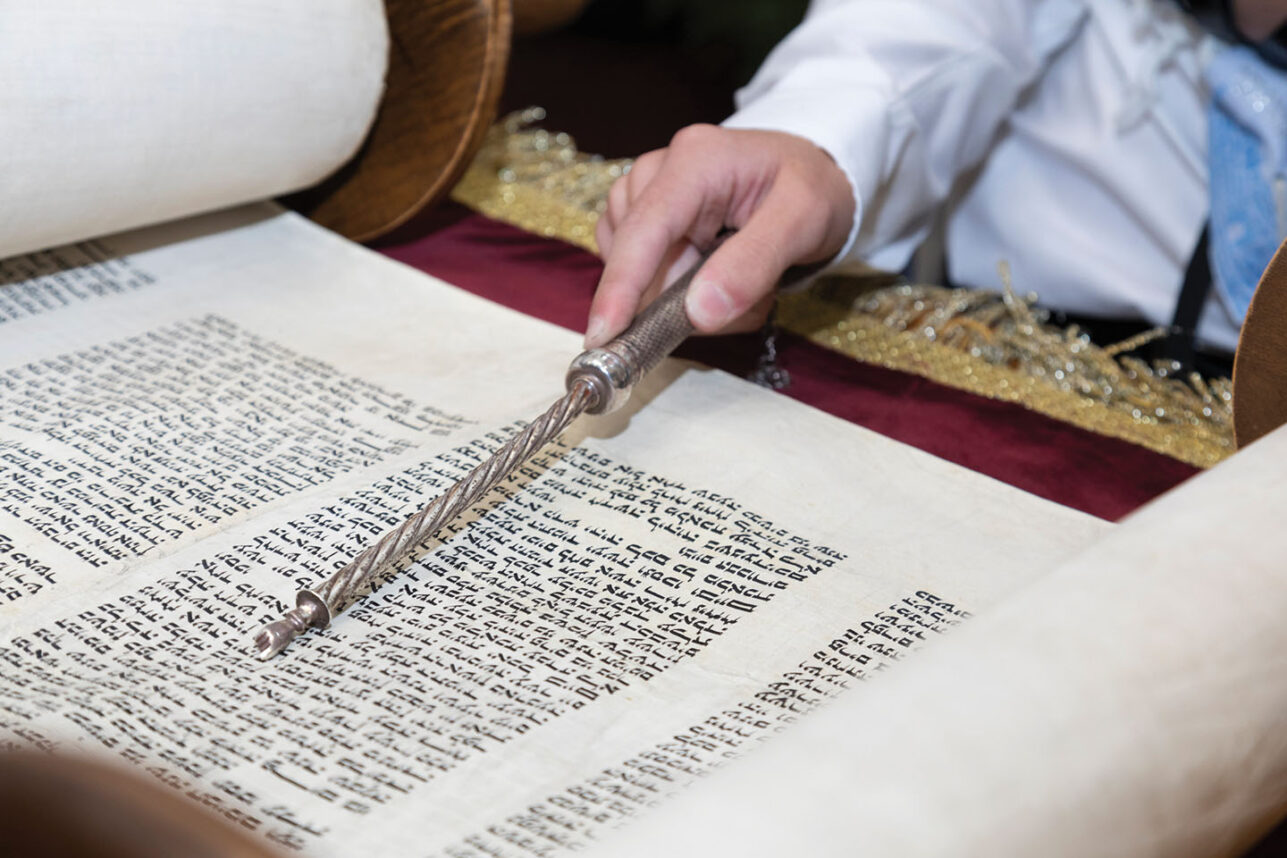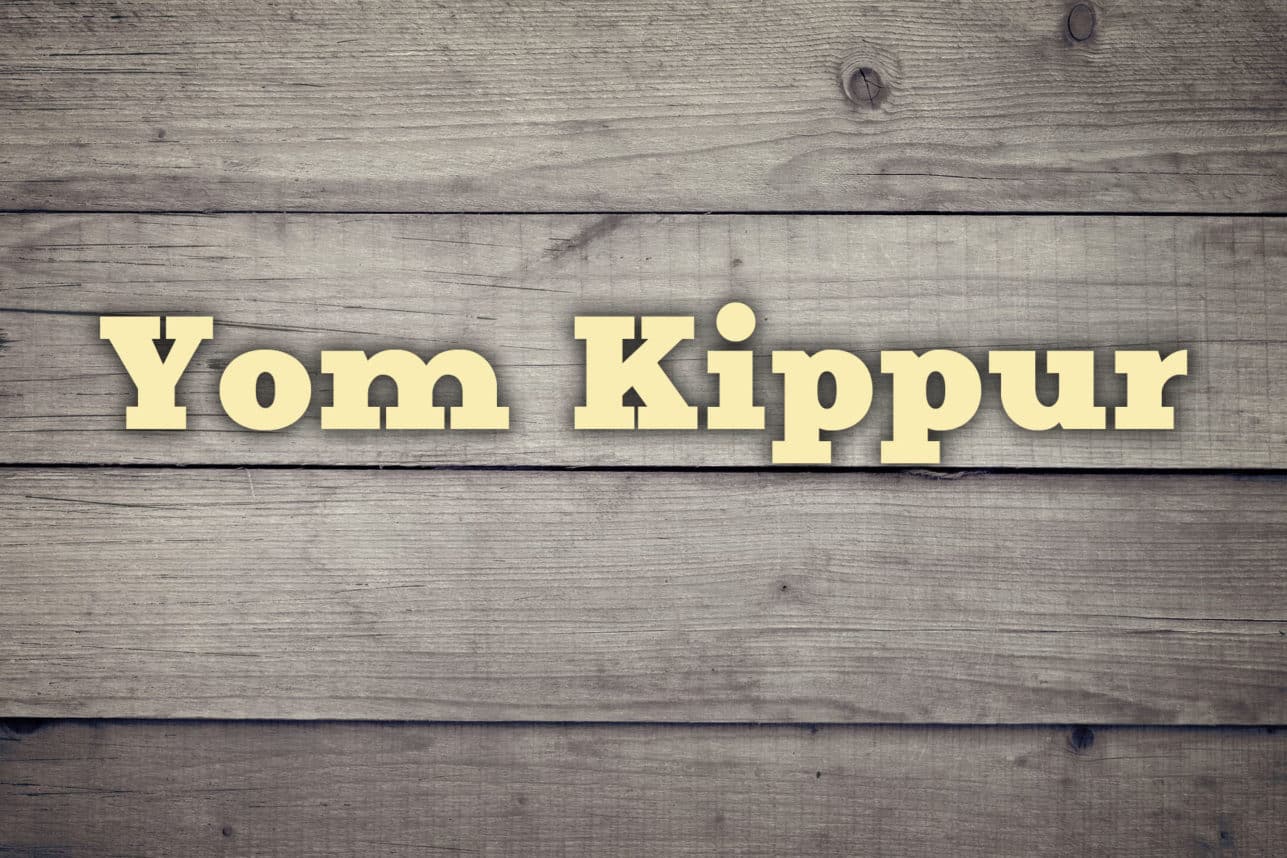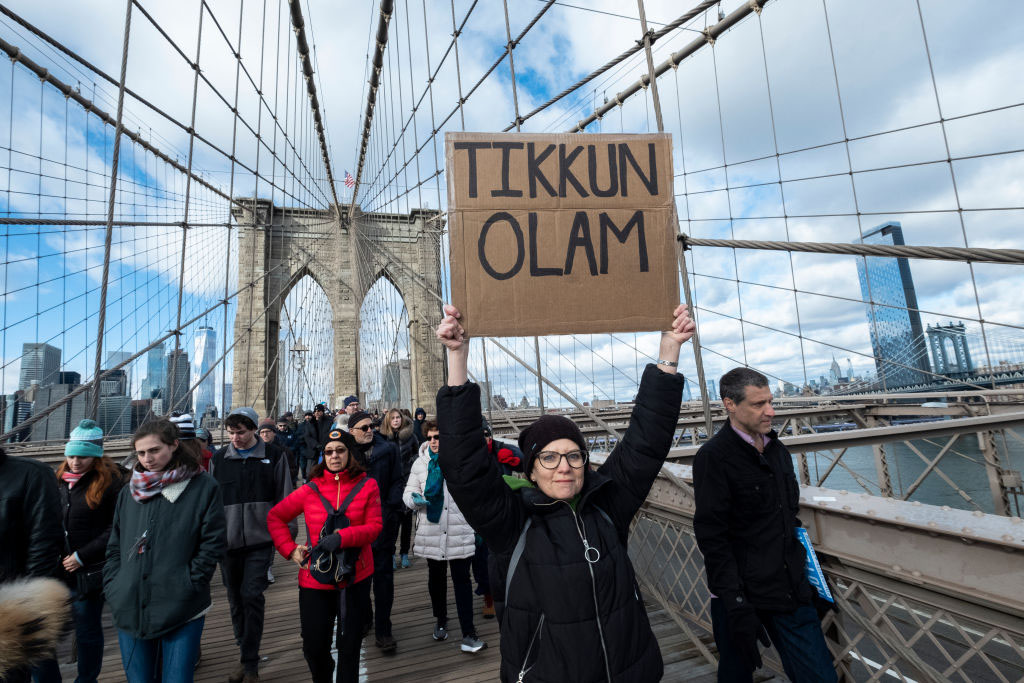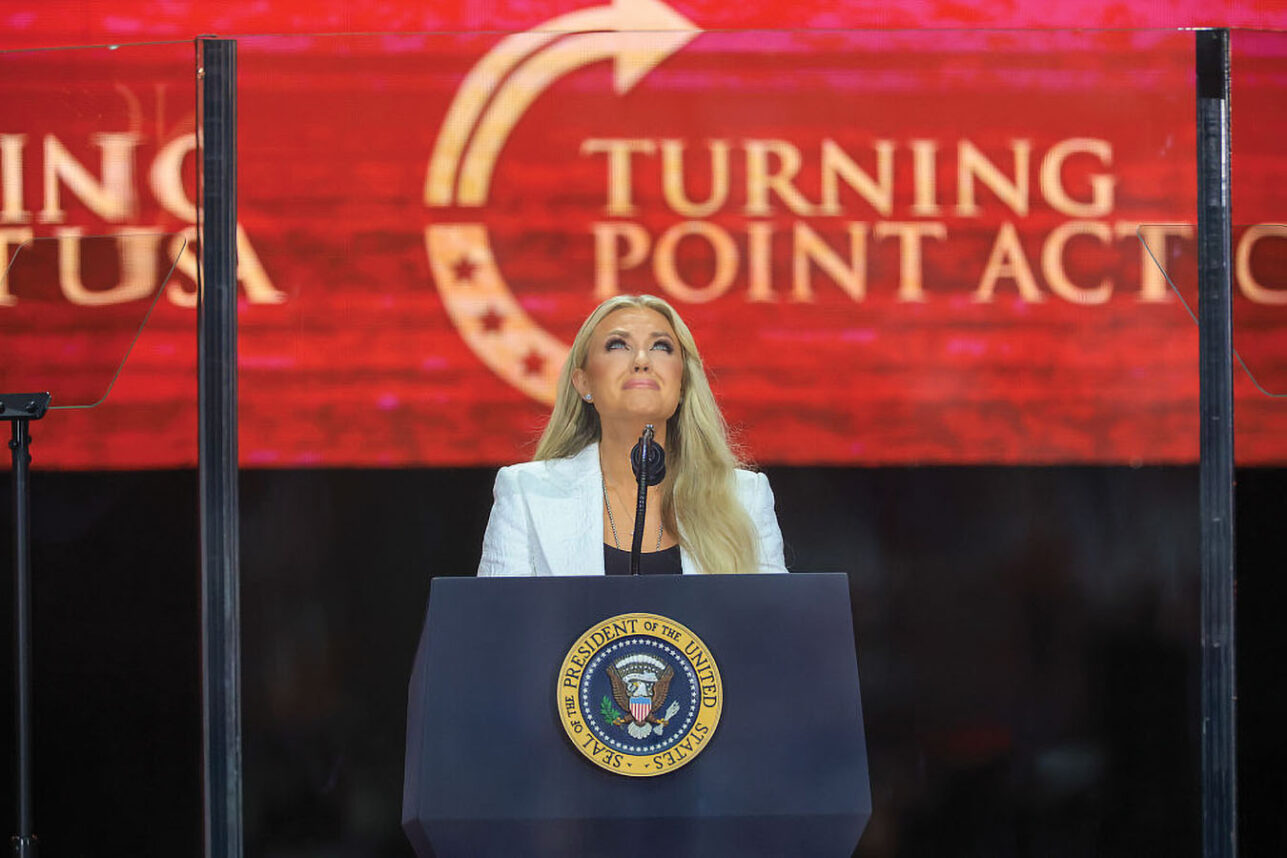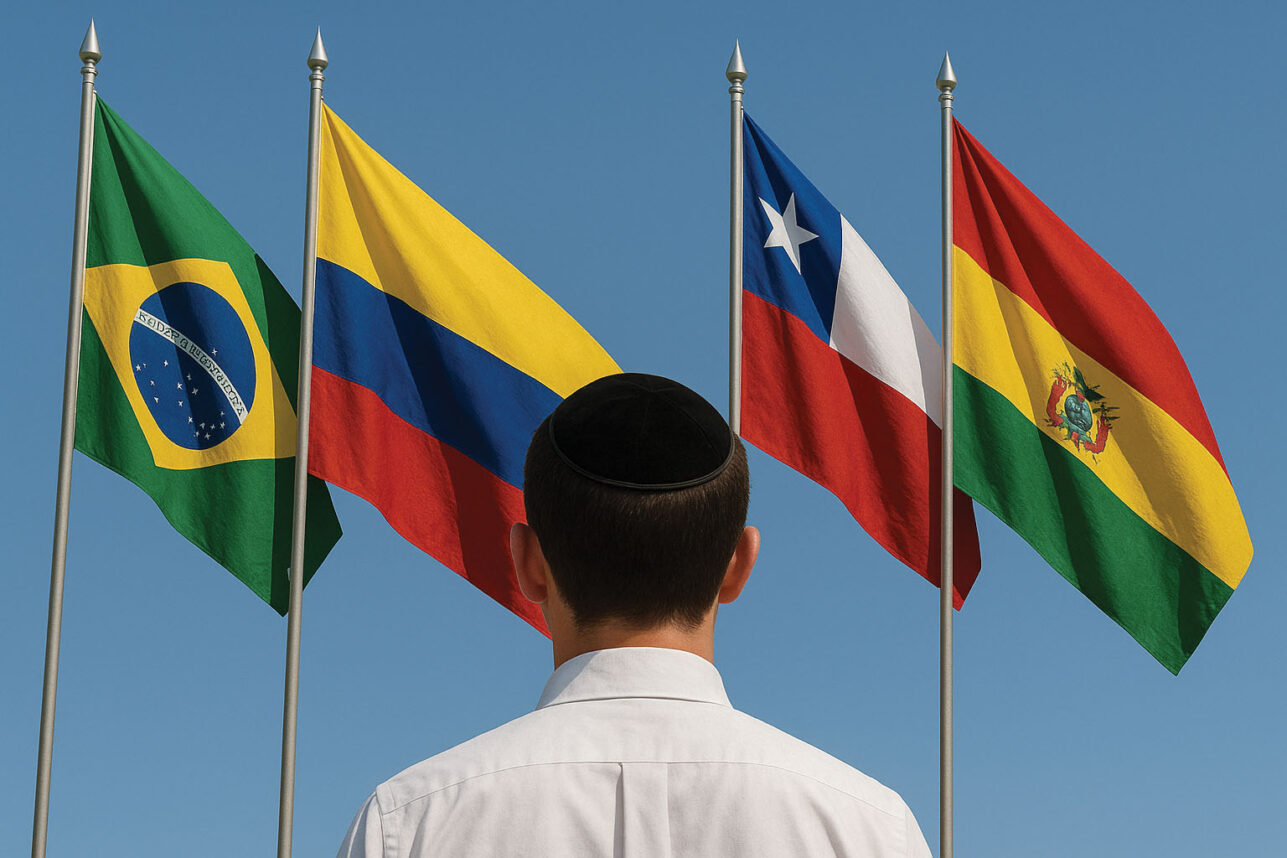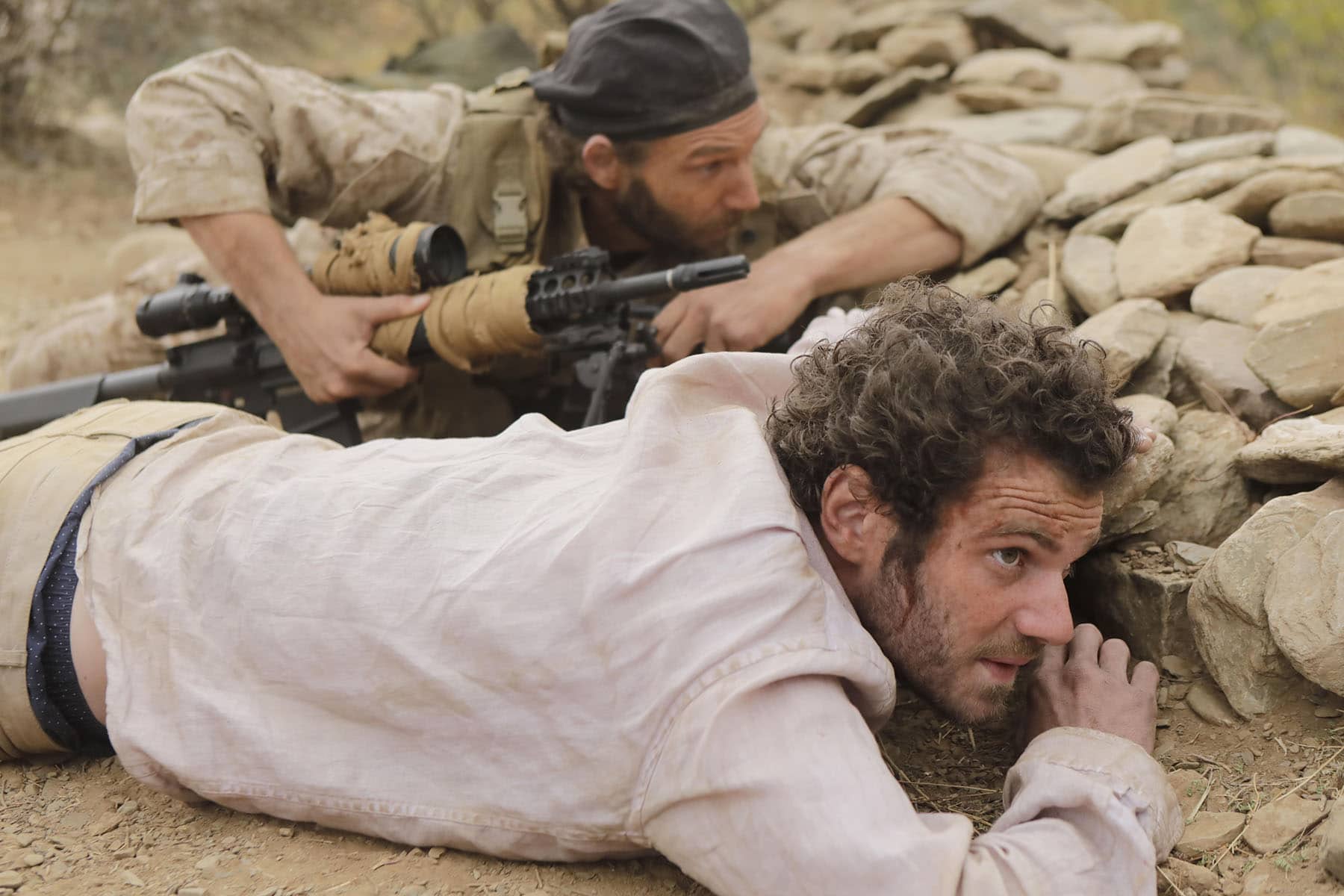
After the Arab Spring, when anti-regime protests erupted and ISIS gained a foothold in Northern Syria amid the chaos, a full-scale civil war consumed the country, claiming over half a million lives and displacing millions more. The bloody conflict is the setting for the eight-part Hulu series “No Man’s Land,” which tells the story of a Frenchman (Félix Moati) who travels to Syria in search of his estranged sister, who’s missing and presumed to be dead. There, he joins forces with a band of Kurdish and international female freedom fighters called the YPJ in their battle against ISIS.
Premiering Nov. 18, the drama was created and written by Israelis Ron Leshem and Amit Cohen, whose Yom Kippur War series “Valley of Tears” is now streaming on HBO Max.
“We wanted to explore the idea of crossing borders, crossing a virtual line and you can be in a different world. We wanted to deal with the events that happened in Syria and what makes someone go and fight someone else’s war,” Cohen said in a Zoom interview with Leshem and the Journal. “It was about finding the right characters and the right tone.”
“We were fascinated by the fact that there’s only one thing that ISIS fighters are afraid of. In their belief, if you’re killed by a woman you don’t get to heaven and don’t get 72 virgins. That seemed like an interesting starting point for a story,” continued Leshem. “We combined that story of underground resistance with the story of a guy from Paris who sees how much they need him. He becomes addicted to the cause and wants to make the world a better place, and we’re making the journey with him.”
The story begins in the summer of 2014 when Isis expanded from Iraq to Syria. “All of the characters are completely fictional, but the story and timeline are accurate,” noted Cohen. “We also wanted to explore what would make three friends in England leave their comfortable lives and take part in genocide and atrocities.” Another theme is Western interference in the war in Syria, personified by a character who is revealed to be a Mossad agent.
“When the West realized you can’t keep things contained over there, they sent special units to assassinate certain people The U.K. and France did it too, not only Mossad,” Cohen said. “This was a way for us to show how you can meddle behind the scenes in big events without public knowledge.”
“These Mossad type of characters treat these things like a chessboard, it’s a game for them. But it never ends the war and almost never saves lives,” Leshem said.
As Israelis, the pair was prohibited from going to Syria, but that didn’t prevent them from talking to people on the ground there in their preparation for writing the series, which was shot in Europe for a few weeks and more than four months in Morocco. “We were obsessed with making it look and feel like Syria, the villages and people and the nuances of the language,” Leshem said.
“The timeline was challenging,” Cohen said. “We had a very strict deadline. We had a cast from 10 different countries and the production crew was international as well, working for one common goal. We had many languages going and that was also a challenge.”
“We wanted to deal with the events that happened in Syria and what makes someone go and fight someone else’s war. It was about finding the right characters and the right tone”—Amit Cohen
Having two series premiere nearly simultaneously has been overwhelming for the pair, but in a good way. Both “No Man’s Land” and “Valley of Tears” made the top ten in the international Series Mania television competition, and Leshem and Cohen have been invited to “No Man’s Land” premieres in Saudi Arabia and Dubai. “Because of the pandemic we’re not going, but we can go over Zoom,” Leshem said. “They know we’re Israeli, so for them to invite us to talk at the premiere was one of the most exciting moments of this process.”
“It’s the most intense launch we’ve had in our lives or ever dreamed of,” added Leshem. “These are two very different adventures but every day we’re thankful that we’re waking up in the morning and making a living doing something we love. Right now, a lot of creators and actors are unemployed because of the pandemic. We’re grateful that we had the support of people who believed in us enough to tell these stories.”
Pre-COVID, the writers traveled every month to Israel and/or Europe. But Cohen, who has lived in Los Angeles since 2014 and Leshem, who moved to Boston the previous year when his husband, a reconstructive surgeon, got a job there, haven’t met in person since February. That hasn’t stopped them from collaborating, however, and they have new projects in the works.
“When you create in one genre, they expect you to do more in that genre,” Leshem said. “We’re typically asked, ‘What’s your next war story?’ But we’ve done so many different things. We’ve done espionage, comedies, ‘Euphoria,’ script editing. We love reinventing ourselves and learning. We just finished filming a thriller in Israel and we’re writing a pilot for a romantic dramedy. We haven’t pitched it yet.”
Their own family histories might be sources of stories as well. Leshem’s great-uncle was in the French Resistance during World War II, got caught, and was on the last train to Auschwitz. Cohen’s Romanian maternal grandmother survived the war in a ghetto and at just 12 years old boarded a boat for Palestine with other orphaned kids. “They were stopped at sea by the British Navy and she was sent to a detention camp in Cyprus,” he said. “I told my 13-year-old son the story, and he said, ‘You have to do this as your next thing.’”
Leshem, the son of Sabras, was born and raised in Tel Aviv, and Cohen, whose mother is Israeli and father was born in Iraq, met when they served together as intelligence officers in the Israeli army. Leshem recalled the 1998 peace talks that President Clinton hosted between Israel and the Palestinians, where he first realized he wanted to be a journalist. “My job was to gather the intelligence in order to brief [Yitzhak Rabin] before the peace talks began. I realized he cared much more what the journalists think than the intelligence [officers],” he said.
After finding law school too boring, Cohen became a software engineer. But Leshem, who was by then a news editor at the daily paper Maariv, coaxed Cohen into joining him. “I was a Palestinian correspondent during the second Intifada. Ron used to send me to the most dangerous places,” Cohen said. But after five years, Leshem had enough of horrific stories and photos of bombings and terror attacks, and accepted a job as head of programming and content at Keshet. While there, he authored a bestseller that he adapted for the screen as “Beaufort,” nominated for the Best Foreign Language Film award in 2008. He left to pursue screenwriting full-time, and asked Cohen to join him.
“Life can be so senseless and have no logic and bad things can happen to good people,” Cohen said. “What I like about writing scripts is everything must have logic and every bad thing must have a purpose to move the drama forward. It gives me some control, which we don’t have in life. For me it’s therapy.”
“No Man’s Land” begins streaming Nov. 18 on Hulu.











